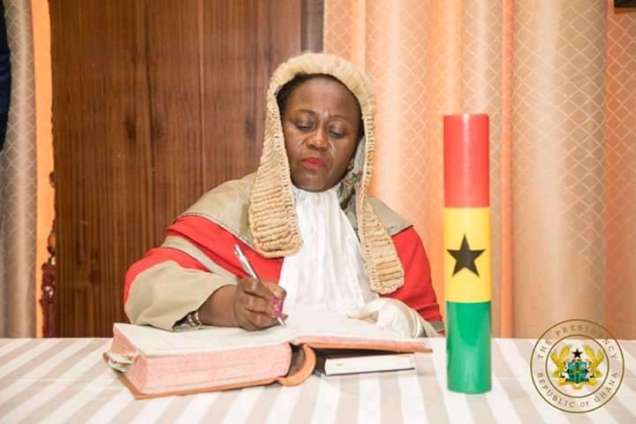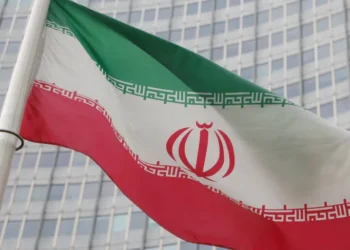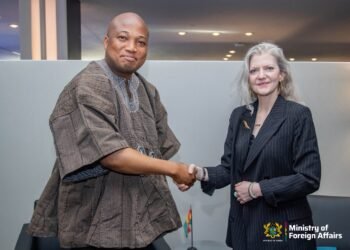Lawyer and media personality Richard Dela Sky has raised serious concerns over the unfolding proceedings against Ghana’s Chief Justice.
He warned that the very foundation of judicial independence is at risk if legal processes are allowed to serve as mere covers for vendetta and abuse.
In a strongly worded response to Professor Stephen Kwaku Asare’s recent comments advocating what he termed “plain constitutional honesty,” Dela Sky argued that constitutional legitimacy cannot be equated with justice simply because it follows a prescribed format.
“Those who often project themselves as ‘voices of the voiceless’ must interrogate — not romanticize — processes that may be clothed in the robes of legality but are laced with what appears to be the pageant odor of vendetta.”
Richard Dela Sky
Dela Sky’s remarks come at a time when Ghana’s judiciary faces intensified scrutiny and political tension. The proceedings against the Chief Justice, held in camera, have drawn public concern, especially regarding transparency and due process.
For Sky, these issues point to something deeper: the potential gaslighting of democratic institutions under the guise of following the law.
He asserted that the mere existence of a constitutionally mandated committee does not automatically make its proceedings legitimate. “Constitutional legality is not always constitutional morality. Nor does it have perceivable legitimacy.”
Accordingly, Dela Sky expressed strong criticism over what he described as the distortion of the concept of due process.
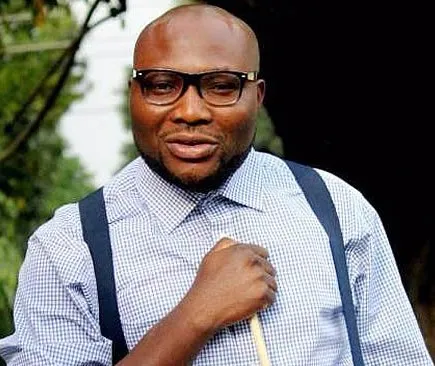
He suggested that when due process is selectively applied to serve particular interests, it no longer upholds true justice but instead becomes a tool for institutional manipulation and deception.
Drawing parallels with past oppressive regimes, such as apartheid in South Africa and the Jim Crow era in the United States, Sky emphasized that the existence of legal procedures does not inherently guarantee justice.
He argued that oppressive systems often hide behind procedural formality to legitimize actions that fundamentally violate human rights and dignity. “What matters is the spirit, fairness, and purpose of that law—not just its presence on the rule books.”
Fairness in Chief Justice Case Questioned
Additionally, Richard Dela Sky challenged what he viewed as a flawed portrayal of judicial mercy, questioning the idea that simply granting the Chief Justice access to hearings signifies fairness.
He argued that the central concern lies not in the number of applications submitted, but in the depth and quality of their judicial consideration.
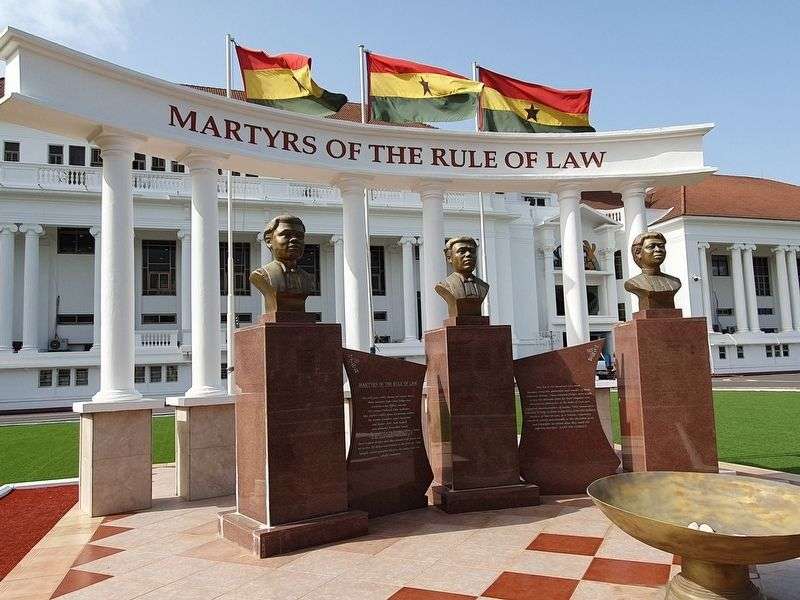
“Did the ‘shrine of justice’ truly hold its doors open? Were her constitutional arguments judicially engaged with the robustness and seriousness necessary?
“To characterize plaintiffs or applicants denied injunctions without costs in a constitutional matter of serious significance as having received ‘grace’ is to reduce judicial discretion to benevolence—as if justice is charity, not a right.”
Richard Dela Sky
Sky emphasized that the Chief Justice’s aim is not to be granted mercy but to receive equal protection under the law—a core tenet of democratic governance.
He suggested that prior criticism of the Chief Justice, even from figures like Prof. Asare, should not serve as justification for dismissing legitimate concerns about the integrity of the current proceedings.
For Sky, it is inconsistent to claim a commitment to justice and due process while disregarding the serious objections raised by the judiciary’s highest-ranking official.
Sky did not mince words when it came to the issue of confidentiality and in-camera hearings.
While acknowledging that confidentiality can serve a legitimate function, he warned that it loses constitutional value when used as a smokescreen for intimidation or abuse.

“Confidentiality… is a means to an end: the protection of dignity, not its blatant abuse,” he said, cautioning against veiling processes that should be open to public scrutiny.
In perhaps his most striking argument, Sky pushed back against the notion that past actions by the Chief Justice justify her current treatment.
“Precedent, however questionable, is not a moral or constitutional shield. True justice demands reform, not revenge. Accountability… does not mean: ‘you once applied it, now drink of your own medicine.’ That is not the law, respectfully. That is legalised spite.”
Richard Dela Sky
Sky ended with a stark reminder about the fragile state of judicial independence in Ghana.
Though he refrained from making comparisons to history’s most extreme abuses, he cautioned that turning a blind eye to potential injustices sets a perilous precedent.
In his view, when legal systems are used to suppress rather than protect, the pursuit of true justice demands resistance.
Citing Benjamin Franklin, he declared: “Justice will not be served until those who are unaffected are as outraged as those who are.”
READ ALSO: Newmont’s Ahafo North Project Leads Ghana in Sustainable Mining

